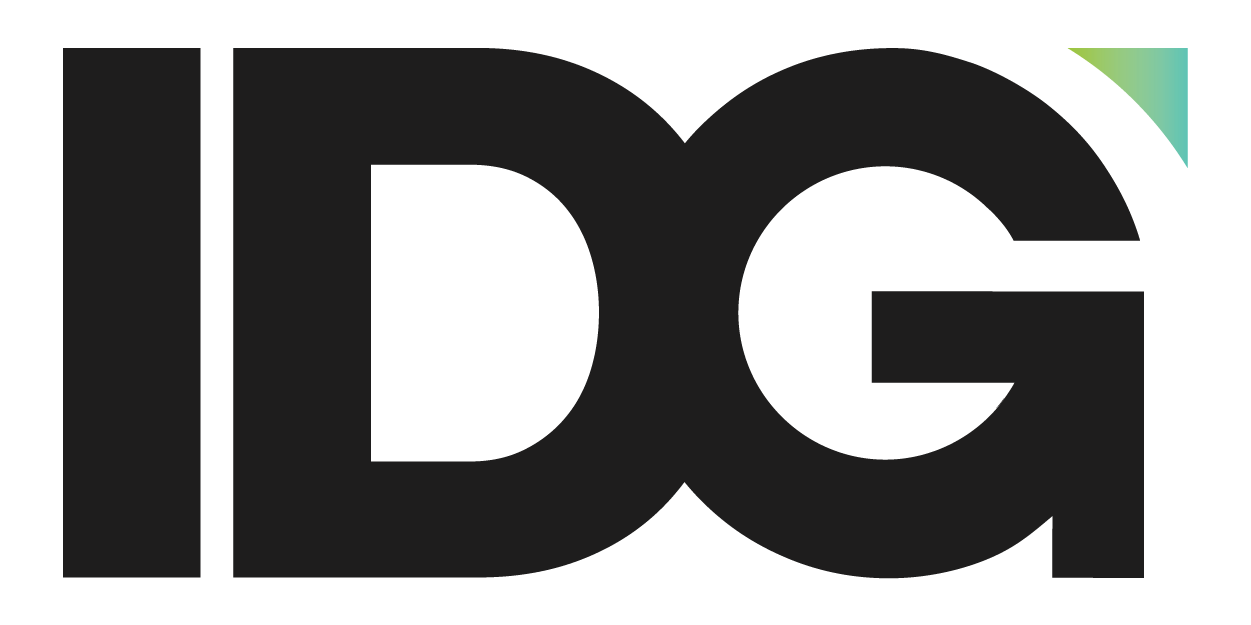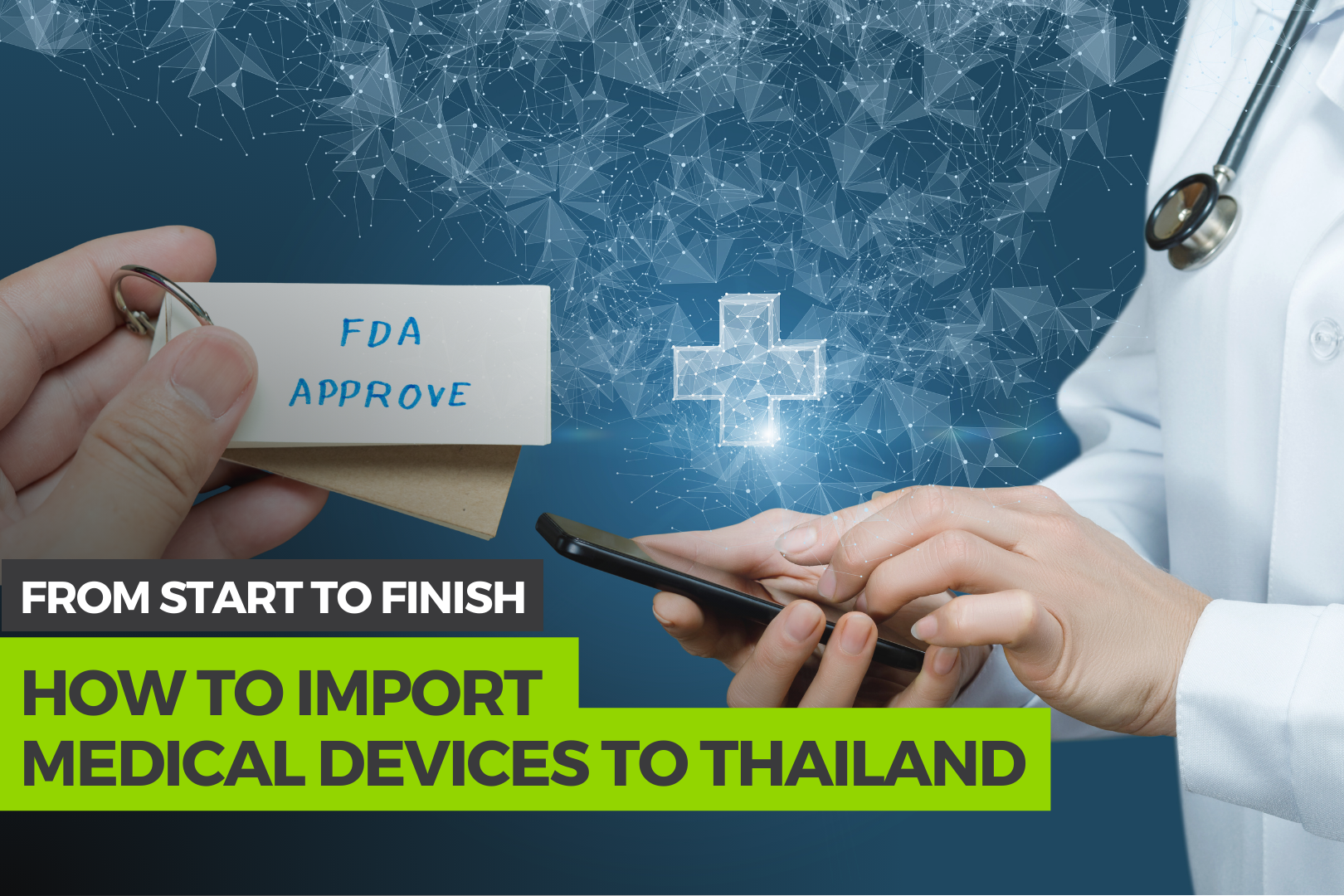In today’s globalized healthcare landscape, the importation of medical devices plays a crucial role in ensuring cutting-edge technologies and life-saving equipment reach healthcare professionals and patients. Thailand’s rapidly advancing medical sector offers a promising market for medical device importers. However, successfully navigating the importation process demands a thorough understanding of the regulatory framework established by the Thai Food and Drug Administration (FDA).
Device Classification and Requirements
Before embarking on the journey of importing medical devices to Thailand, it’s essential to comprehend the classification categories established by the Thai Medical Device Act. The regulatory requirements vary based on the classification, which typically ranges from Class 1 to Class 4, with increasing complexity and risk associated with each class. These requirements encompass aspects such as quality standards, clinical data, and safety evaluations.
Preparing for Importation
One of the initial steps in the importation process involves identifying an authorized representative within Thailand. This representative serves as a vital link between the foreign manufacturer and the Thai FDA, facilitating communication and ensuring compliance with local regulations. Additionally, establishing a local presence and address is crucial, particularly for all medical devices, which require a physical office in Thailand.
- Documentation and Technical Requirements:
– Gather comprehensive technical documentation, including design, manufacturing, Summary of Design Verification and Validation Documents and safety details.
– Global Medical Device Nomenclature (GMDN) system for traceability and patient safety.
– Adhere to labeling and packaging regulations set by Thai FDA.
- Application Process:
– Submit a detailed importation application facilitated by the authorized representative.
– Provide comprehensive device specifications, clinical evidence, and labeling.
– Quality system inspection may be required, particularly for specific devices.
- Review and Approval:
– Thai FDA conducts rigorous review for safety, effectiveness, and compliance.
– Additional information or clarifications may be requested for comprehensive evaluation.
– Review timeline varies based on device complexity and submitted documentation.
- FDA Registration Certificate:
– Successful review results in issuance of FDA registration certificate.
– Certificate signifies compliance and allows lawful importation and distribution.
– Critical document highlighting regulatory approval and legitimacy.
- Compliance and Post-Importation:
– Maintain adherence to Thai FDA standards for labeling and packaging.
– Establish robust post-market surveillance for device performance and safety.
– Promptly address any potential safety concerns based on user feedback.
- Continuous Renewal:
– Renew FDA registration regularly to ensure ongoing lawful importation.
– Compliance with renewal requirements essential for continued import and distribution.
Importing medical devices to Thailand involves a nuanced understanding of regulations, from classification to compliance. Our experienced FDA specialists are here to guide you through this intricate process, ensuring your devices meet Thai FDA standards and contribute to advancing healthcare. Connect with our expert today to streamline your importation journey and ensure compliance with Thailand’s regulations.

